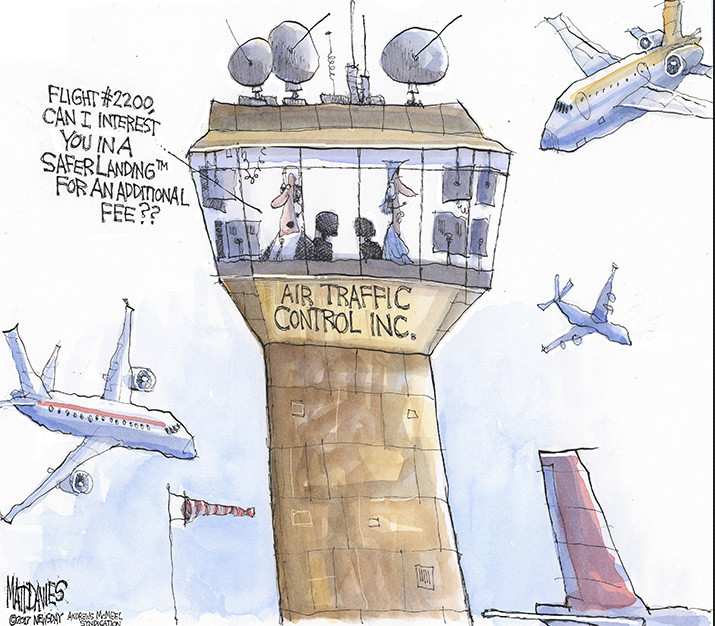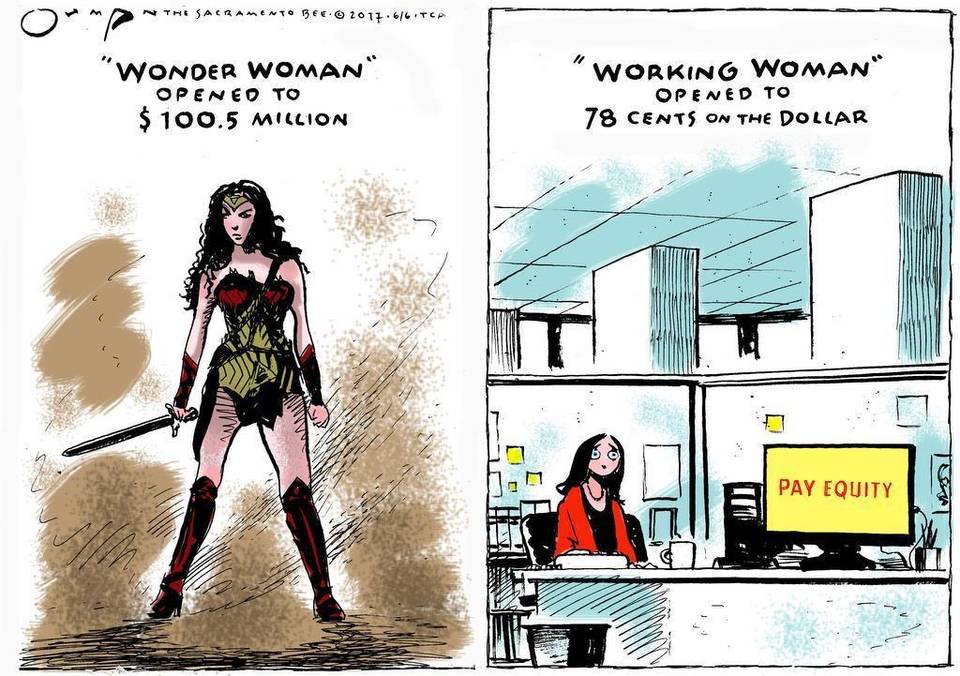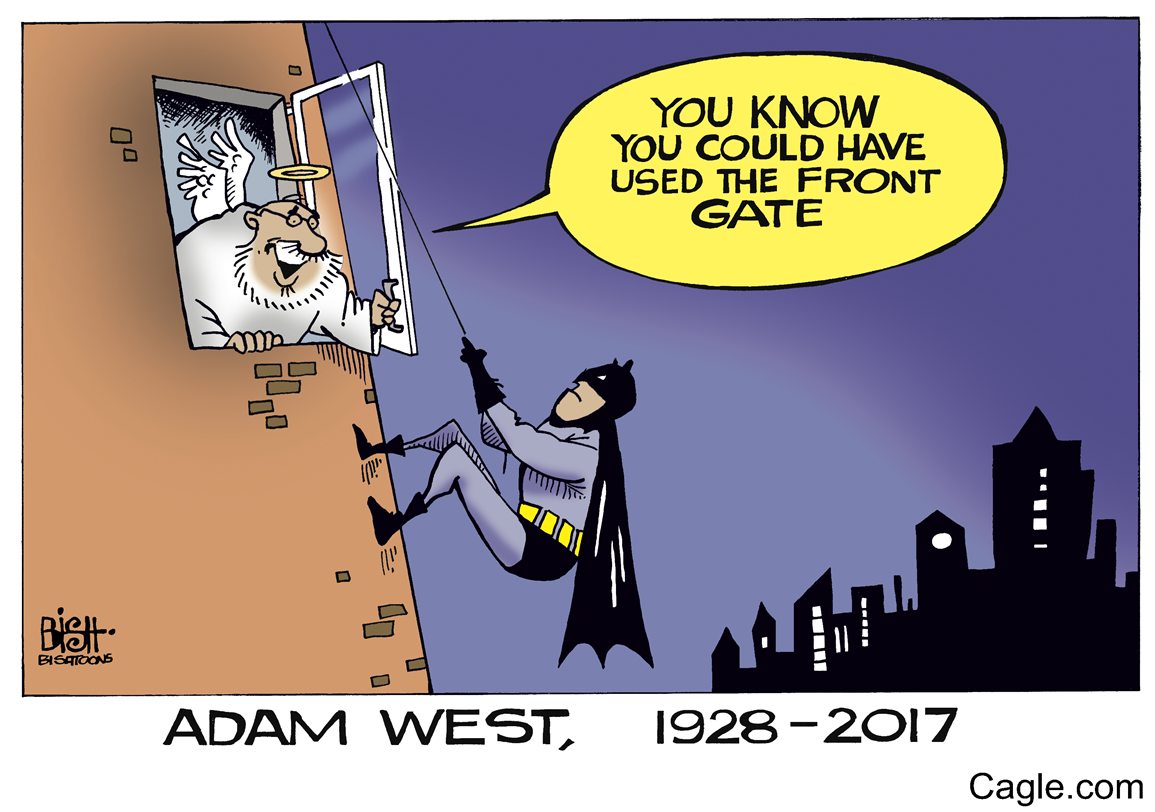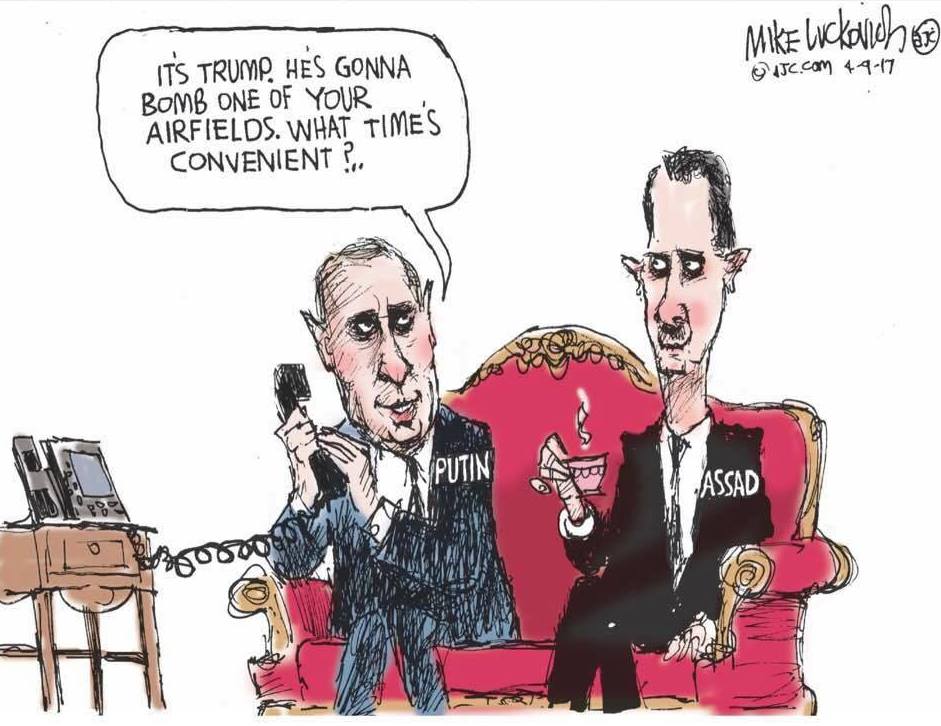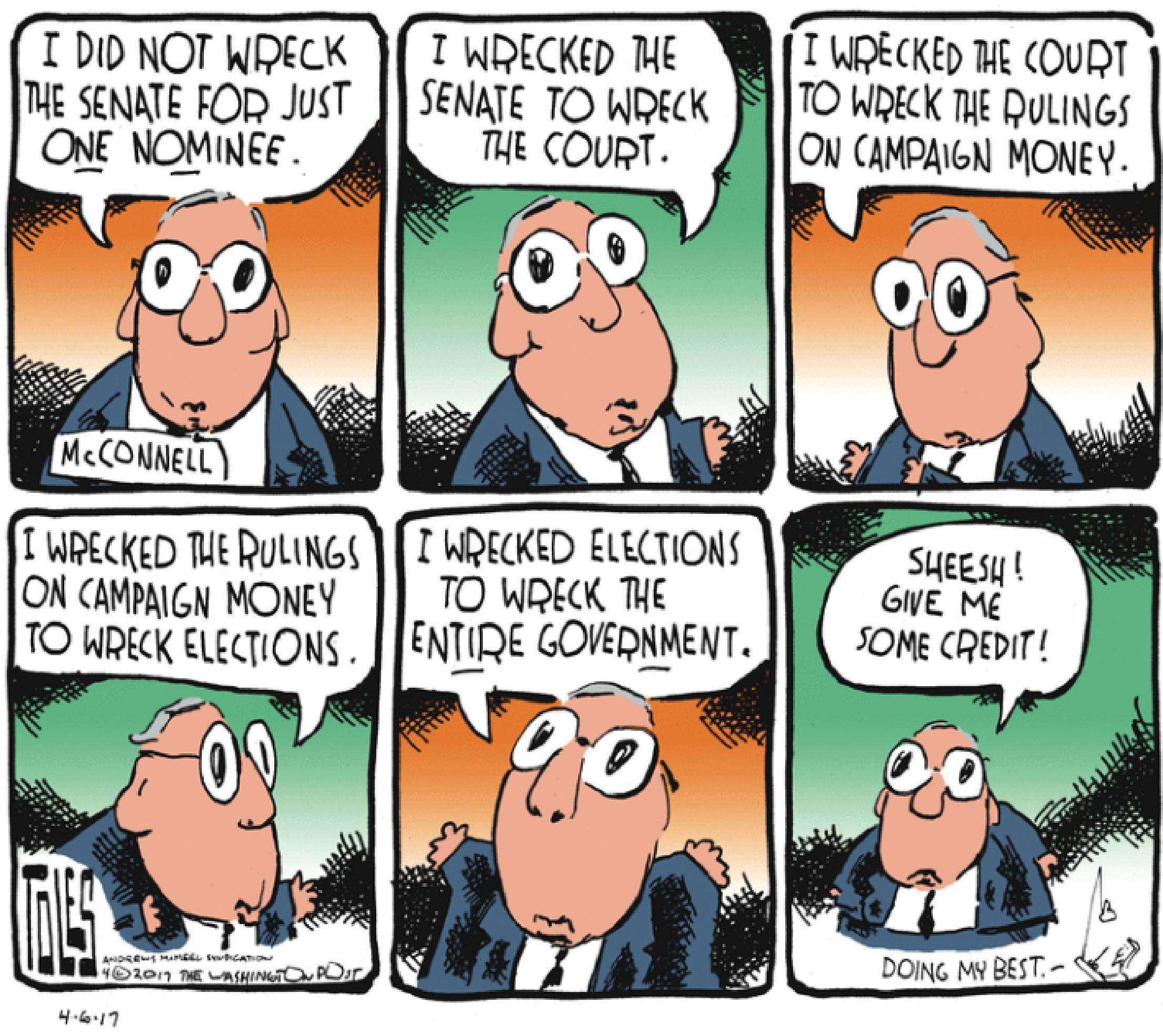The Daily Escape:

Florence Italy – photo by Daniel Kordan
The ideal subject of totalitarian rule is not the convinced Nazi or the convinced Communist, but people for whom the distinction between fact and fiction…and the distinction between true and false…no longer exist. ― Hannah Arendt, “The Origins of Totalitarianism”
Public Policy Polling (PPP) has a new poll that among other issues, shows how Trump voters feel about the Donald Trump Jr.’s participation in the Trump/Russia election thingy: (emphasis by the Wrongologist)
Only 45% of Trump voters believe Donald Trump Jr. had a meeting with Russians about information that might be harmful to Hillary Clinton…even though Trump Jr. admitted it. 32% say the meeting didn’t happen and 24% say they’re not sure.
And, just as many Republicans believed Hillary Clinton ran a child sex ring out of a DC pizza parlor.
If you look at the percentage of Americans who believe in things like creationism, ghosts and angels, you’ll wonder why these Republicans are allowed to cut their own meat.
A decent number of the people who said they didn’t believe Jr. met with the Russians must know the truth. Since Jr. admitted to the meeting, and even Fox News covered it, how could a third of Republicans surveyed think the meeting didn’t happen? Maybe they think a Russian lawyer and a few other Russians attending a meeting in Trump Tower doesn’t equal “The Russians“.
And broadening the context, the PPP survey question answers are similar to when pollsters asked Republicans whether Obama was born in the US. Pollsters continued to ask that well after his birth certificate was released. After the release, birther belief among Republicans dropped from the mid-40%s to the mid-30%s, but, a year later is returned to the mid-40%s.
One of the central challenges of understanding the Republican mind is that when they answer questions like the Don Jr. in a non-factual way, they exist in at least two camps. First, the true believers, who won’t believe their lying eyes, and will just trust their guy through thick or thin.
The second group sees politics and political discourse as a game played mostly to annoy Democrats. This second category isn’t even necessarily any more informed or self-aware than the first, but they pay more attention to learning what will make Democrats angry. Then they go there.
We can’t discount the extent that conservative media obfuscates things that are generally admitted elsewhere. There probably is a certain segment of Republicans who really don’t believe Jr. met with Russians, because they’ve heard the disinformation frequently enough to allow them to reach that conclusion.
And some people simply believe ridiculous things.
The PPP poll question indicates to us the lower limit of partisan reasoning. No one contests that this meeting took place, but 32% of respondents say it didn’t happen. Poll questions are normally more opinion-based, and may not have a demonstrably “correct” answer. So it’s worth seeing the extent of motivated answering on this question.
The nice thing about false facts is they can be designed for maximum effect. They can be more self-reinforcing and convincing than actual facts. The world is a messy place, so if you present a picture that is artificially clarified and internally consistent, a big subset of humanity will buy it whole-heartedly.
Public Policy Polling’s disclosure about the survey:
PPP surveyed 836 registered voters from July 14th to 17th. The margin of error is +/- 3.4%. While 80% of participants, selected through a list based sample, responded via the phone, 20% of respondents who did not have landlines conducted the survey over the internet through an opt-in internet panel.
On to music. Here is Icelandic indie folk/indie pop rock band, Of Monsters and Men, performing “Little Talks” live at the KEX Hostel in Reykjavik during Iceland Airwaves, recorded in October 2011:
Takeaway Lyric:
Some days I don’t know if I am wrong or right.
Your mind is playing tricks on you my dear
‘Cause though the truth may vary
This ship will carry our bodies safe to shore
Those who read the Wrongologist in email can view the video here.



